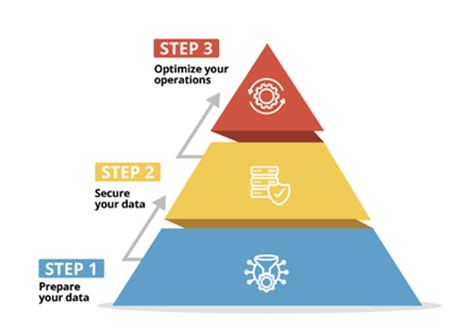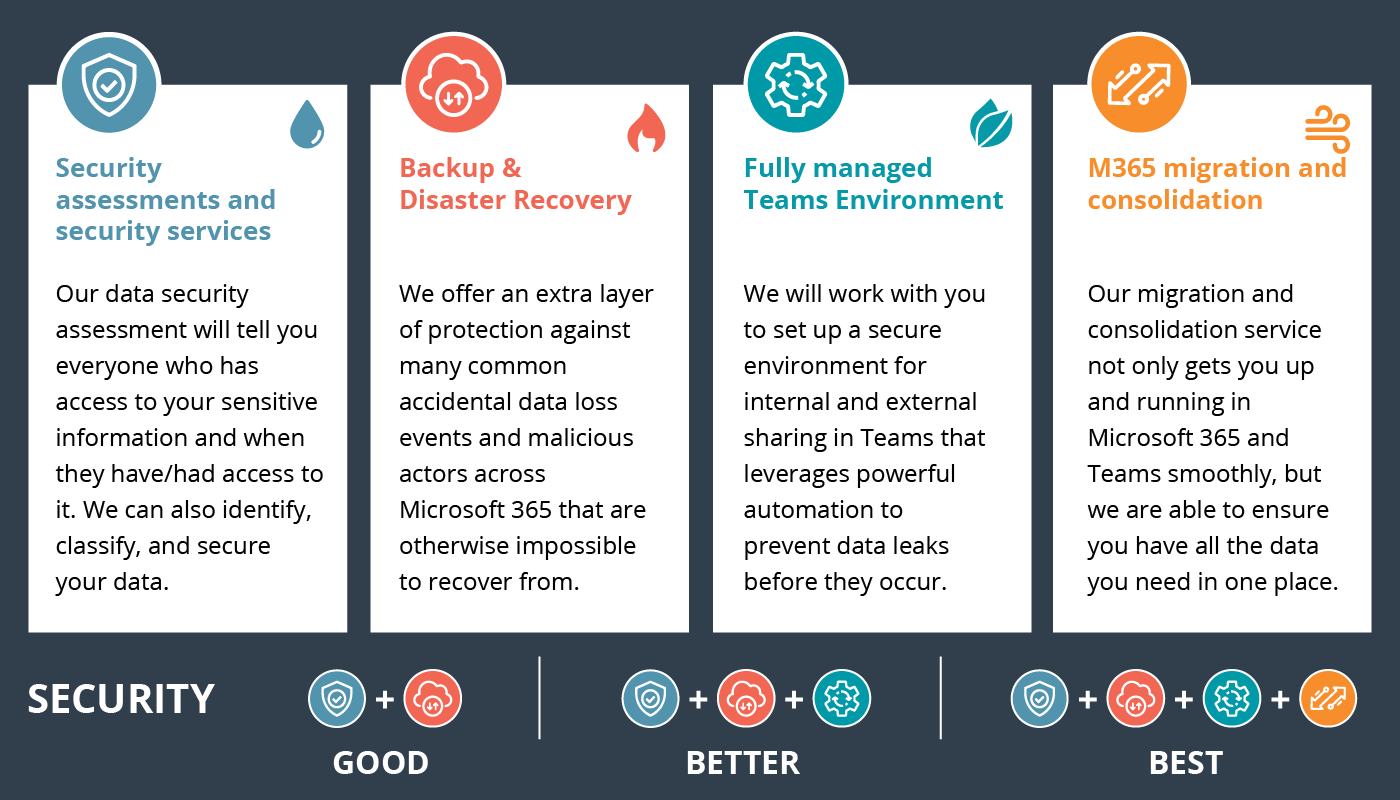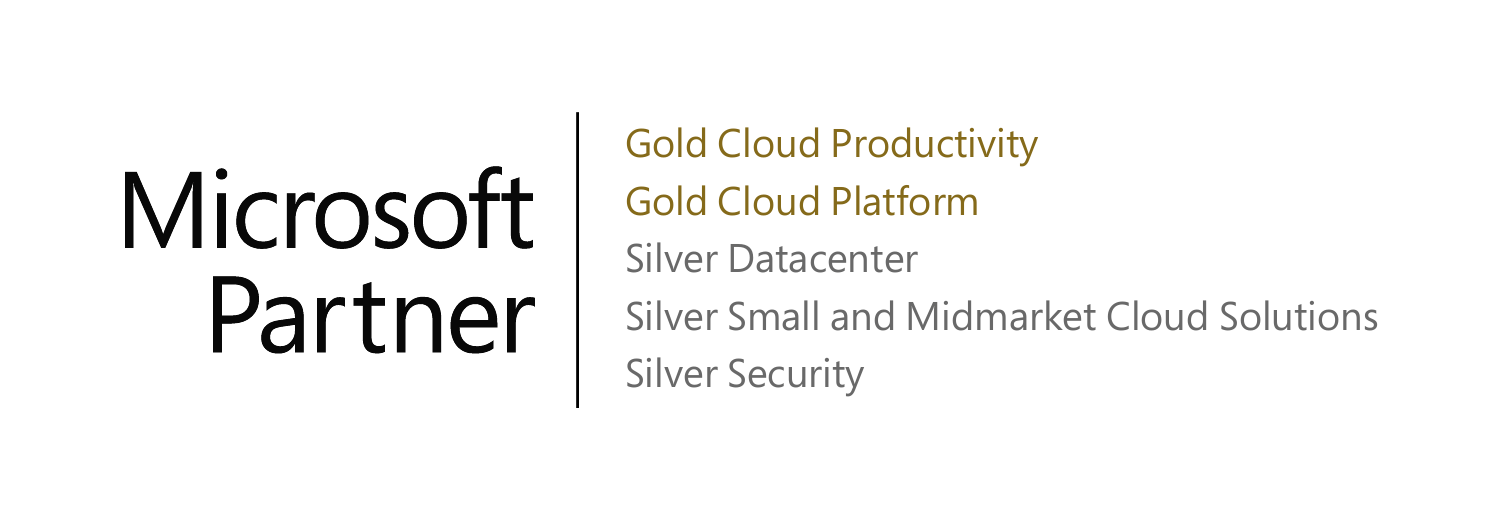What is a Virtual Private Network?
A VPN is a Virtual Private Network. Through the use of software and sometimes, at the corporate and governmental level, hardware. A VPN creates a virtualized network between two physically separate networks. For example, If an Akins employee decides to work from home in Los Angeles, but wants to access our comapny intranet located in HQ which is in Orange County, they are allowed to do that as if they were physically there. The same technology can be used by consumers to bridge their phones and laptops to their home network so, while on the road, they can securely access files from their media server or desktop computers.
Why use a VPN?
One of the core reasons that people use VPN's is to secure their network, while increasing their privacy. Another reason people use VPN's are because a lot of sevices are geogrpahically blocked. I'm sure many of you (including myself) have gone to Europe or some other country and tried using Netflix, but came across only to be alerted that "This video is not available in your country". If you've experienced this, then you've experienced geo-blocking.
Unfortunately, a large number of people live in countries with high levels of overt censorship and monitoring and countries with more convert monitoring, like the US). With the being said, one of the best ways to get around censorship and monitoring is to use a secure tunnel to appear as if you’re from somewhere else altogether. In addition to hiding your online activity from a snooping government it’s also useful for hiding your activity from a snooping Internet Service Provider (ISP). If your ISP likes to throttle your connection based on content, a VPN completely eliminates that problem by narrowing all of your traffic to travel to a single point through the encrypted tunnel; thus your ISP remains ignorant of what kind of traffic it is.
In short, a VPN is useful anytime you want to either hide your traffic from people on your local network, your ISP, or your government and it’s also incredibly useful to trick services into thinking you’re right next door when in reality you are miles away.
Every user is going to have slightly different VPN needs and the best way to end up paired with the ideal VPN service for your needs is to take careful stock of what your needs are before you go shopping. You may even find you don’t need to go shopping because home-grown or router-based solutions you already have on hand fulfill your needs just fine. Let’s run through a series of questions you should ask yourself and highlight how different VPN features meet the needs highlighted by those questions.
To be clear many of the following questions can be satisfied on multiple levels by a single provider, but the questions are framed to get you thinking about what is most important for your personal use.
- Do You Need Secure Access to Your Home Network?
- Do You Need Secure Casual Browsing?
- Do You Need to Geo-Shift Your Location?
- Do You Need Anonymity and Plausible Deniability?
We understand that selecting a VPN service can be a daunting task and that even armed with the questions we outlined above you’re just not sure where to turn. Whether you’re paranoid that your government is logging your web browsing activities, you’re sick of your ISP throttling your connection, or you want to secure your browsing sessions while on the roador at home, there’s no substitution for a securely deployed Virtual Private Network. Now that you’re armed with the knowledge necessary to pick a good VPN it’s time to secure your internet traffic once and for all.




